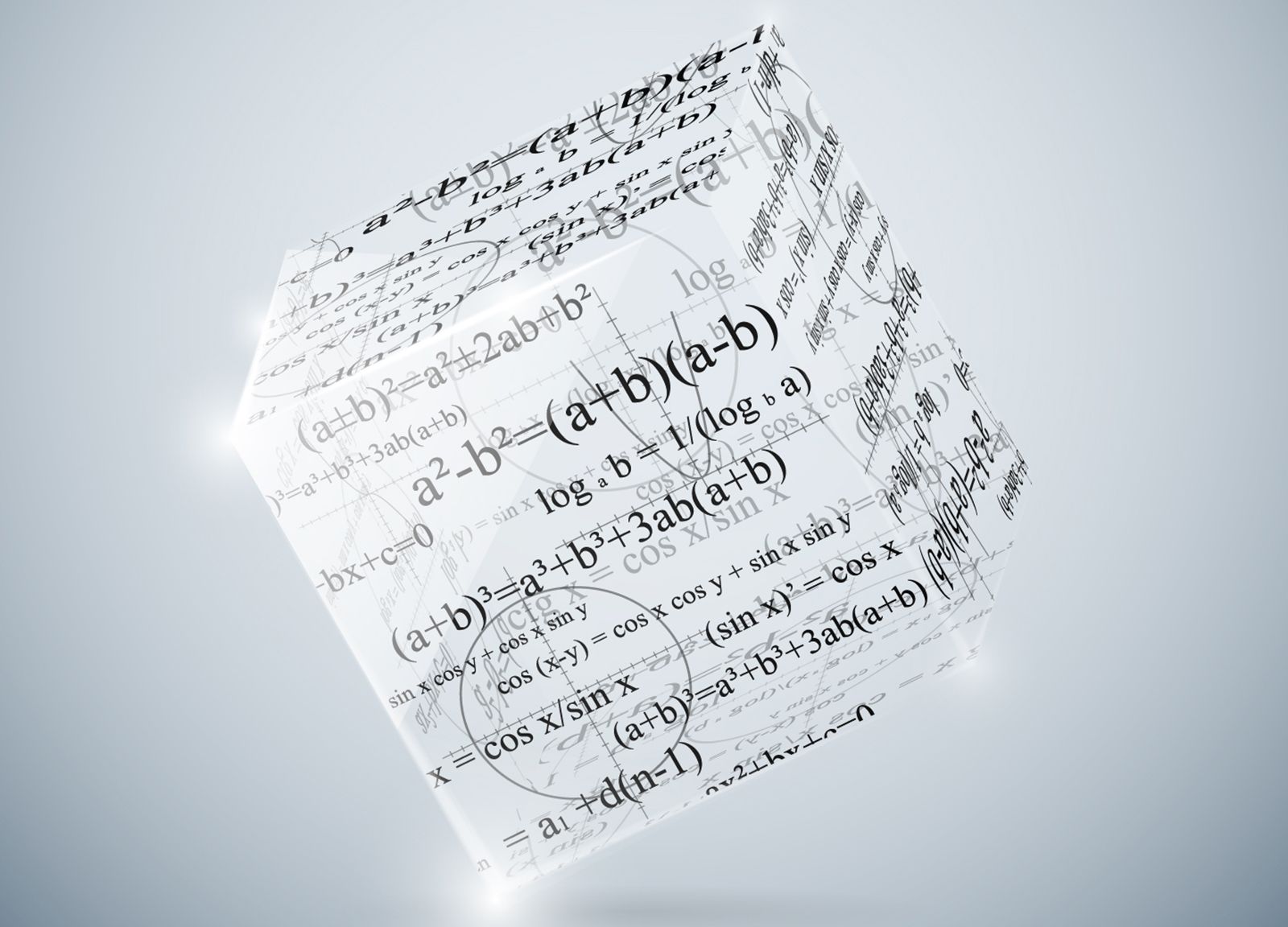
Overview
Differentiation and integration with applications to biology, physics, chemistry, economics, and social sciences; differential equations; multivariable differential calculus.
NOTE: For students intending to pursue a medial or major plan in a subject other than Mathematics or Statistics.
Learning Outcomes
This course will be delivered using a completely online approach using online course materials in onQ and live/synchronous sessions.
Communication tools used in the course
- onQ Forums
- Skype
- Telephone
- WebWork question feedback options
Course Components
- Lectures will introduce the key ideas of the course, and will be used to work through introductory examples
- Assignments, along with solutions, will give you the chance to master the skills of the course
- Tutorials will be where tutors can provide additional examples, as well as the opportunity to get further clarification about the assignment problems.
- Tests are written during your tutorial times, 3 times per term. They will be based on the Test Preparation Problems from the Assignments.
Learning Objectives
After you complete this course you will be able to:
In Single Variable Differential Calculus
- Select a function form or family of functions that have desired graphical and limit properties. (e.g. a function that starts at (0,0), has one peak, and then a horizontal asymptote at y=2)
- Have a toolkit of functions for describing relationships in application problems
- Express (verbally or through calculations or graphs) the meaning of limiting values in application problems.
- Calculate value of finite and infinite limits of continuous and discontinuous functions (with or without l'Hopital's rule), given a function
- Understand the tangent-slope and rate of change meanings of the derivative
- Understand the difference between various possible approximations to a function.
- Construct application models from word problems and use derivatives to investigate properties of the models.
- Use derivatives to locate and classify critical points in optimization problems.
- Use relationships between modeling variables to construct relationships between their rates of change.
- Use relationships between modeling variables to estimate the effects of changes of inputs or outputs
In Single Variable Integral Calculus
- Understand the relationship between integration and area under a curve/rate graph
- Understand the graphical/area interpretation of integration and average value
- Construct application models from word problems and use integrals and/or derivatives to investigate properties of the models.
- Master core integration techniques.
- Understand properties related to the integral - average value, continuous anti-derivatives.
- Understand the issues involved with infinite intervals or asymptotic values in evaluating integrals.
- Construct differential equation models from word problems and use qualitative and algebraic methods to investigate properties of the models.
In Multivariate Differential Calculus
- Demonstrate an understanding between graphical presentation and calculus concepts (1st, 2nd part. derivs, gradient, directional deriv) in multivariate functions.
- Construct application models from word problems involving multivariate functions, and use differential calculus to investigate properties of the model (related rates and optimization)
- Vectors
- Gradient and directional derivative
- Related rates
- Concavity
- Critical points and optimization
- Constrained optimization and Lagrange multipliers
Terms
Evaluation
Textbook and Materials
Time Commitment
Testimonials
"I really liked having the Webwork due a week after the content was covered. That gave me time to use my weekend previous for the practice questions and be more successful on the webwork quiz. The in-term tests were a fair evaluation of each unit and I really liked the organization/set-up of how they were to be completed (me choosing an hour on my own time rather than having to stress/cram a set time in). I am very happy with my decision to take it online rather than concurrently with other courses during the school year."
- Course evaluation, MATH 121: Differential and Integral Calculus (2014)

